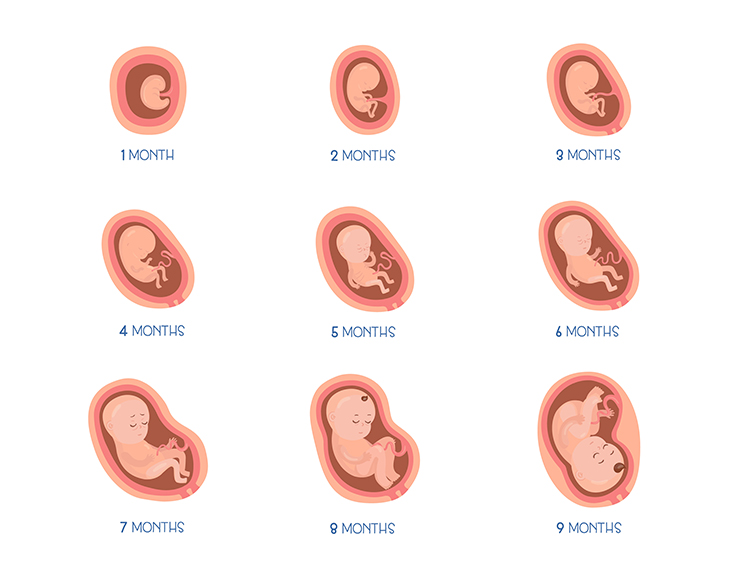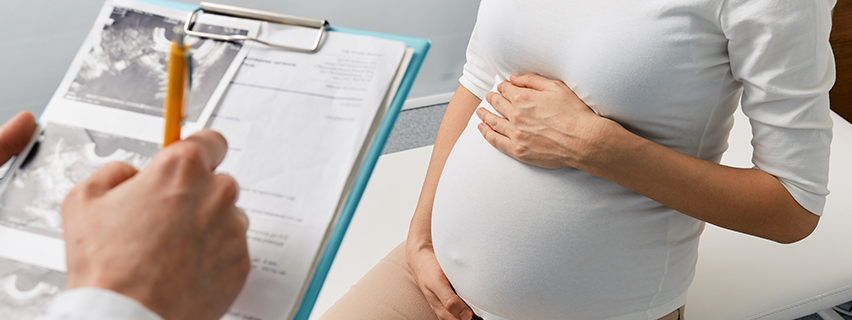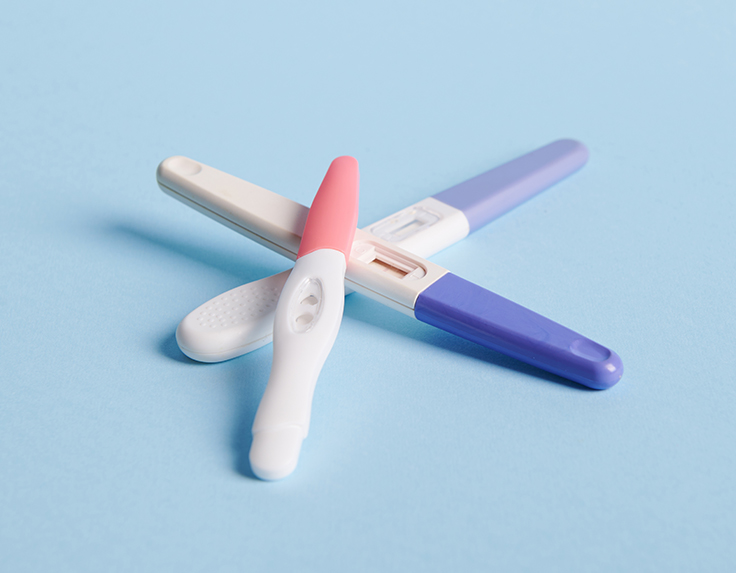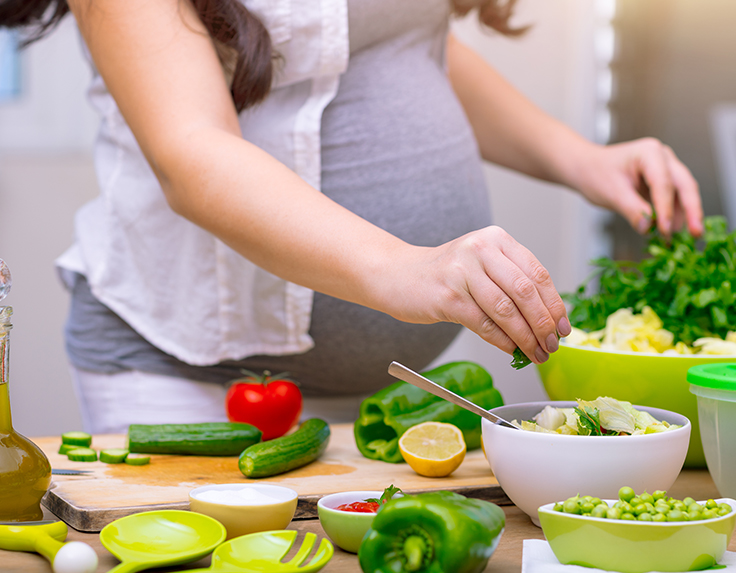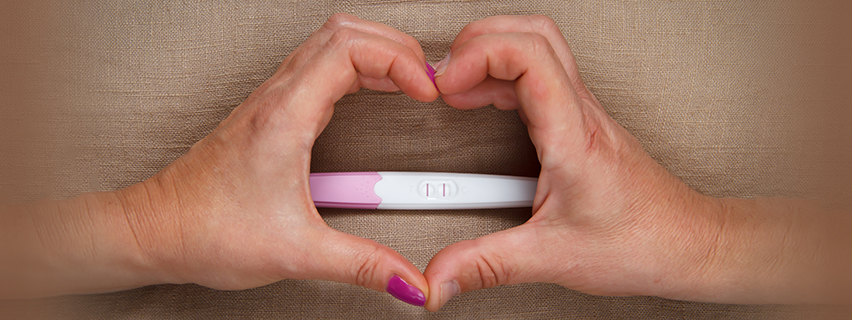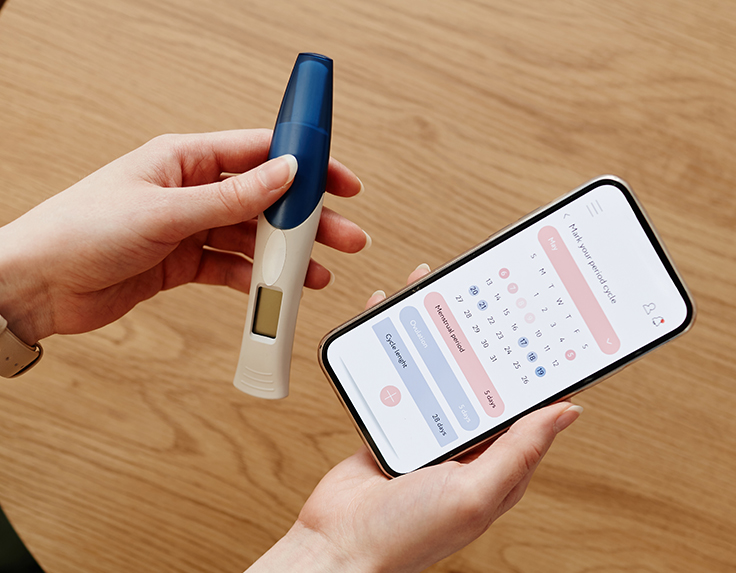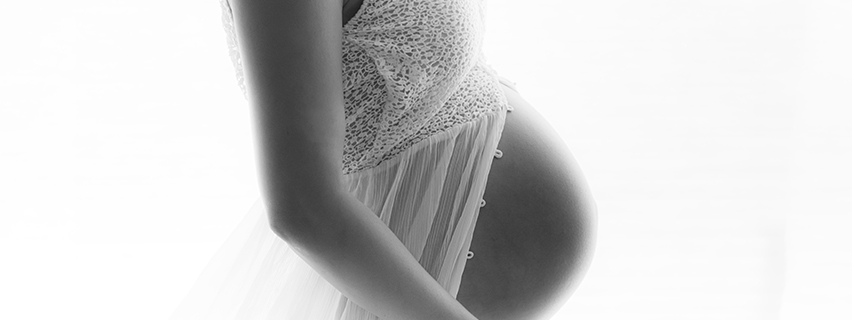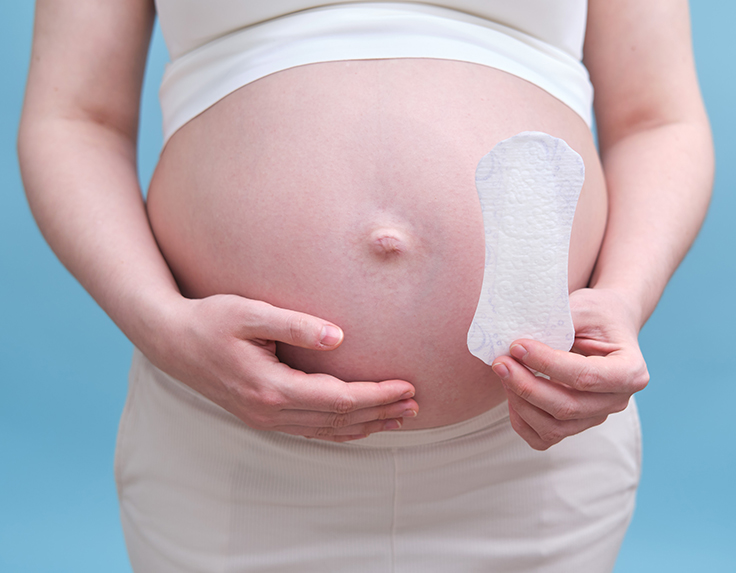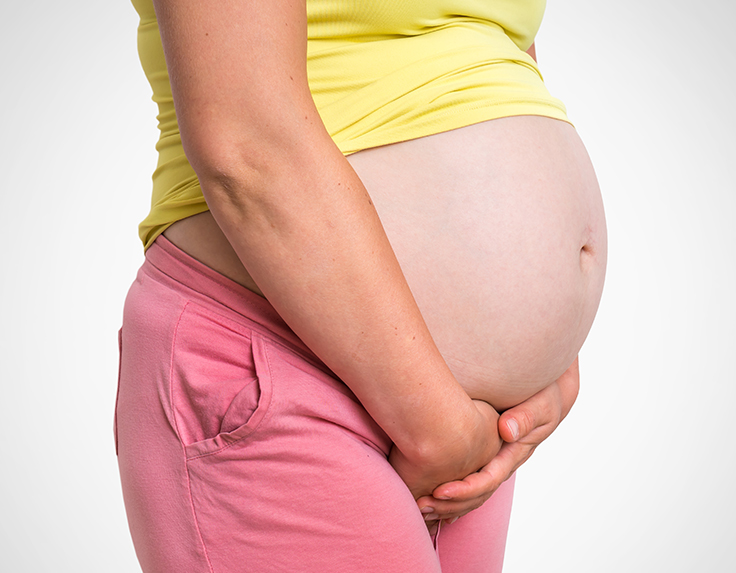For couples who are trying to conceive, understanding the best time to maximize their chances of pregnancy is essential. The fertile window, which refers to the days in a woman’s menstrual cycle when she is most likely to conceive, plays a crucial role in achieving pregnancy.
Tracking this window can provide valuable insights into the timing of intercourse and increase the likelihood of successful conception. In this article, we will explore tips and techniques for effectively tracking your fertile window, empowering you with the knowledge to optimize your chances of getting pregnant.
By understanding your menstrual cycle and learning to recognize the signs of ovulation, you can embark on your journey towards parenthood with greater confidence and a higher chance of achieving the desired outcome.
Know ovulation cycle and how to calculate
The ovulation cycle refers to the series of events that occur in a woman’s body to release a mature egg from the ovary, making it available for fertilization. Understanding your ovulation cycle is key to identifying your fertile window and maximizing your chances of conception.
Know your menstrual cycle length: Start by determining the length of your menstrual cycle. This is the number of days from the first day of your period to the day before your next period begins. The average menstrual cycle is around 28 days, but it can vary from woman to woman.
Track your menstrual cycle: Keep a record of your menstrual cycles for a few months to identify patterns and determine the average length. This will help you estimate when you might ovulate in future cycles.
Identify the midpoint: Once you know the length of your menstrual cycle, subtract 14 days from the expected start date of your next period. This is an estimate of when you are likely to ovulate. For example, if your cycle is 28 days, you might ovulate around day 14.
Pay attention to ovulation symptoms: Many women experience physical signs of ovulation, such as increased cervical mucus, mild pelvic pain, or a slight increase in basal body temperature. Monitoring these symptoms can provide additional clues about when ovulation is occurring.
Use ovulation predictor kits: Over-the-counter ovulation predictor kits (OPKs) can detect the surge in luteinizing hormone (LH) that occurs just before ovulation. By following the instructions on the kit, you can identify the most fertile days within your cycle.
Consider fertility tracking apps: There are various fertility tracking apps available that can help you log and analyze your menstrual cycle data, predict ovulation, and provide insights into your fertile window. These apps often incorporate additional information, such as basal body temperature and cervical mucus observations, to improve accuracy.
Remember that these methods provide estimates, and individual variations are common. It’s important to be patient and allow some time to understand your unique ovulation pattern. If you encounter difficulties or have concerns, consulting with a healthcare provider or a fertility specialist can provide personalized guidance and support.
Your fertile window: everything you need to know
Your fertile window is the time during your menstrual cycle when you are most likely to conceive if you have intercourse. It is a limited period of time when an egg is released from the ovary and is available for fertilization. Understanding and tracking your fertile window can greatly increase your chances of getting pregnant. Here’s everything you need to know about your fertile window:
Timing: Your fertile window typically occurs in the middle of your menstrual cycle. For women with a 28-day cycle, this is around day 14, counting from the first day of your last period. However, it’s important to note that menstrual cycle lengths can vary, and ovulation may occur earlier or later for different individuals.
Ovulation: Ovulation is the release of a mature egg from the ovary. It usually happens approximately 14 days before the start of your next period. However, sperm can survive in the female reproductive tract for several days, so having intercourse in the days leading up to ovulation can also result in pregnancy.
Signs of ovulation: Paying attention to your body’s signs can help you identify when you are ovulating. Some common signs include changes in cervical mucus (becoming clear, slippery, and stretchy), mild pelvic pain or twinges on one side of the lower abdomen (called mittelschmerz), a slight increase in basal body temperature, and heightened sexual desire.
Ovulation prediction kits: Over-the-counter ovulation prediction kits (OPKs) are available to detect the surge of luteinizing hormone (LH) that occurs before ovulation. These kits can help you pinpoint your fertile window and time intercourse more accurately.
Tracking methods: Keeping track of your menstrual cycles and observing changes in cervical mucus, basal body temperature, and other ovulation signs can help you predict your fertile window. Many women find using fertility tracking apps or fertility calendars beneficial in monitoring their menstrual cycles and tracking ovulation.
Sperm lifespan: It’s important to note that sperm can survive in the female reproductive tract for up to five days. This means that having intercourse a few days before ovulation can still result in pregnancy, as the sperm can wait for the egg to be released.
Understanding your fertile window can help you plan intercourse during the most fertile days of your cycle, increasing the chances of getting pregnant. However, it’s important to remember that fertility can vary, and it may take time to conceive even with well-timed intercourse. If you have concerns or are experiencing difficulty conceiving, consulting with a healthcare provider or a fertility specialist can provide further guidance and support.

Calculating Your Monthly Fertility Window
Calculating your monthly fertility window involves identifying the days in your menstrual cycle when you are most likely to conceive. Here’s how you can calculate and track your fertility window:
Determine the length of your menstrual cycle: Start by tracking the length of your menstrual cycles for a few months. The first day of your cycle is the first day of your period, and the last day is the day before your next period starts. Calculate the average length of your cycles to establish a baseline.
Subtract the luteal phase: The luteal phase is the time between ovulation and the start of your next period. It is typically around 12-16 days for most women. Subtract the luteal phase from the length of your average cycle to estimate the day of ovulation. For example, if your average cycle length is 28 days and your luteal phase is 14 days, you would likely ovulate on day 14 of your cycle.
Track ovulation symptoms: Pay attention to physical signs of ovulation, such as changes in cervical mucus (becoming clear, slippery, and stretchy), slight pelvic pain or twinges, a small increase in basal body temperature, or increased sexual desire. These symptoms can help you pinpoint when ovulation is likely to occur.
Use ovulation predictor kits (OPKs): Over-the-counter ovulation predictor kits are available and can detect the surge in luteinizing hormone (LH) that occurs before ovulation. Follow the instructions on the kit to determine when you are most fertile.
Consider fertility tracking apps: There are numerous fertility tracking apps that can help you record and analyze your menstrual cycle data, predict ovulation, and identify your fertile window. These apps often incorporate additional information like basal body temperature and cervical mucus observations to improve accuracy.
Have intercourse during your fertile window: Once you have estimated your fertile window based on your calculations or tracking methods, aim to have regular intercourse every 2-3 days during this period to increase the chances of conception.
Remember that these methods provide estimates, and individual variations are common. It’s important to be patient and allow some time to understand your unique ovulation pattern. If you have concerns or are experiencing difficulty conceiving, consulting with a healthcare provider or a fertility specialist can provide personalized guidance and support.
Now that you have a better understanding of how to calculate your monthly fertility window, let’s address some frequently asked questions (FAQs) that often arise when it comes to fertility and conception.
Q1: When is the best time of day to conceive?
A1: The best time of day to conceive is not dependent on a specific time. What matters most is having regular intercourse during your fertile window, which is typically a few days leading up to ovulation and the day of ovulation itself. Focus on maintaining a consistent pattern of intercourse throughout your fertile days rather than worrying about the specific time of day.
Q2: Is morning or night better to conceive?
A2: The timing of intercourse during your fertile window is more important than the time of day. There is no scientific evidence suggesting that morning or night is better for conception. What truly matters is having regular, well-timed intercourse during the days when you are most fertile, based on tracking your menstrual cycle and signs of ovulation.
Q3: How can I increase my chances of getting pregnant?
A3: There are several steps you can take to increase your chances of getting pregnant:
Track your menstrual cycle: Understanding your menstrual cycle and recognizing signs of ovulation can help you time intercourse effectively.
Have regular intercourse during your fertile window: Aim to have intercourse every 2-3 days during your fertile days to optimize your chances of conception.
Maintain a healthy lifestyle: Eat a balanced diet, exercise regularly, and avoid excessive stress, as these factors can impact fertility.
Take prenatal vitamins: Begin taking prenatal vitamins with folic acid before conception to support a healthy pregnancy.
Avoid tobacco, alcohol, and illicit drugs: These substances can negatively affect fertility and increase the risk of complications during pregnancy.
Seek medical advice: If you’ve been actively trying to conceive for a while without success, consider consulting with a healthcare provider or a fertility specialist who can provide personalized guidance and support.
Remember, conception is a complex process, and it may take time even with optimal efforts. Stay patient, keep an open line of communication with your partner, and reach out to healthcare professionals when needed.


























